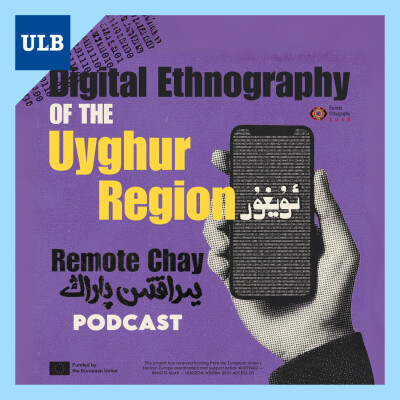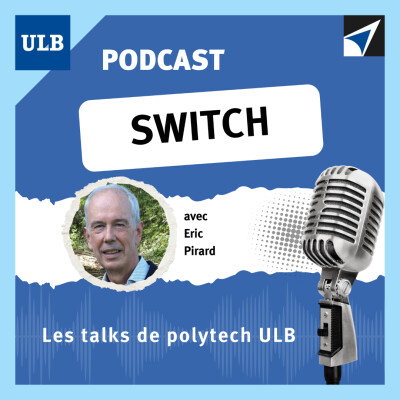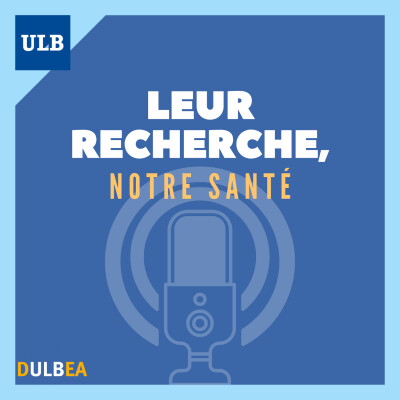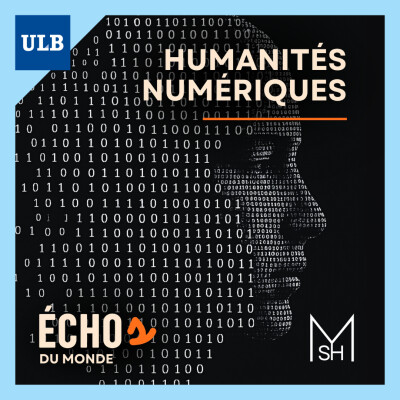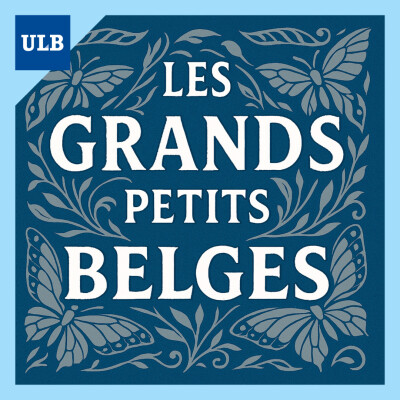Description
Tim Grose, professor of China Studies with expertise in ethnicity, ethnic policy in China and minority education, is our guest for this episode dedicated to online ethnography of the Uyghur region.
Tim shares his experience in collecting and analyzing data from Chinese blogs and social media, which he considers as ethnographic texts. He also shares his questions about ethics and the reliability of sources collected online, highlighting the importance of triangulating sources and the value of remote methodologies combined with on-site research.
----------------------------------
Remote Chay
How do you study places you cannot reach? When governments restrict access and surveillance makes traditional research impossible, scholars must find new ways to understand distant realities.
Remote Chay brings together experts to explore two key questions: How can researchers study inaccessible regions? And what can we learn about Xinjiang Uyghur Autonomous Region—one of the world's most heavily surveilled territories?
Our guests share insights on remote ethnography, a methodological approach for researching areas where traditional fieldwork is impossible. From digital anthropology to diaspora interviews, we explore innovative ways to gather knowledge across barriers of distance, politics, and control.
Remote Chay isn't just a podcast—it's an ongoing scholarly dialogue. We invite listeners to engage: comment, share insights, and help refine these approaches for studying the unstudyable.
Remote Chay launched in 2024 as part of the EU-funded project "Remote Ethnography of Xinjiang Uyghur Autonomous Region," a collaboration between Univerzita Palackého v Olomouci, Julius-Maximilians-Universität Würzburg, and Université libre de Bruxelles.
ULB Podcasts, les podcasts de l'Université libre de Bruxelles.
Hébergé par Ausha. Visitez ausha.co/politique-de-confidentialite pour plus d'informations.

